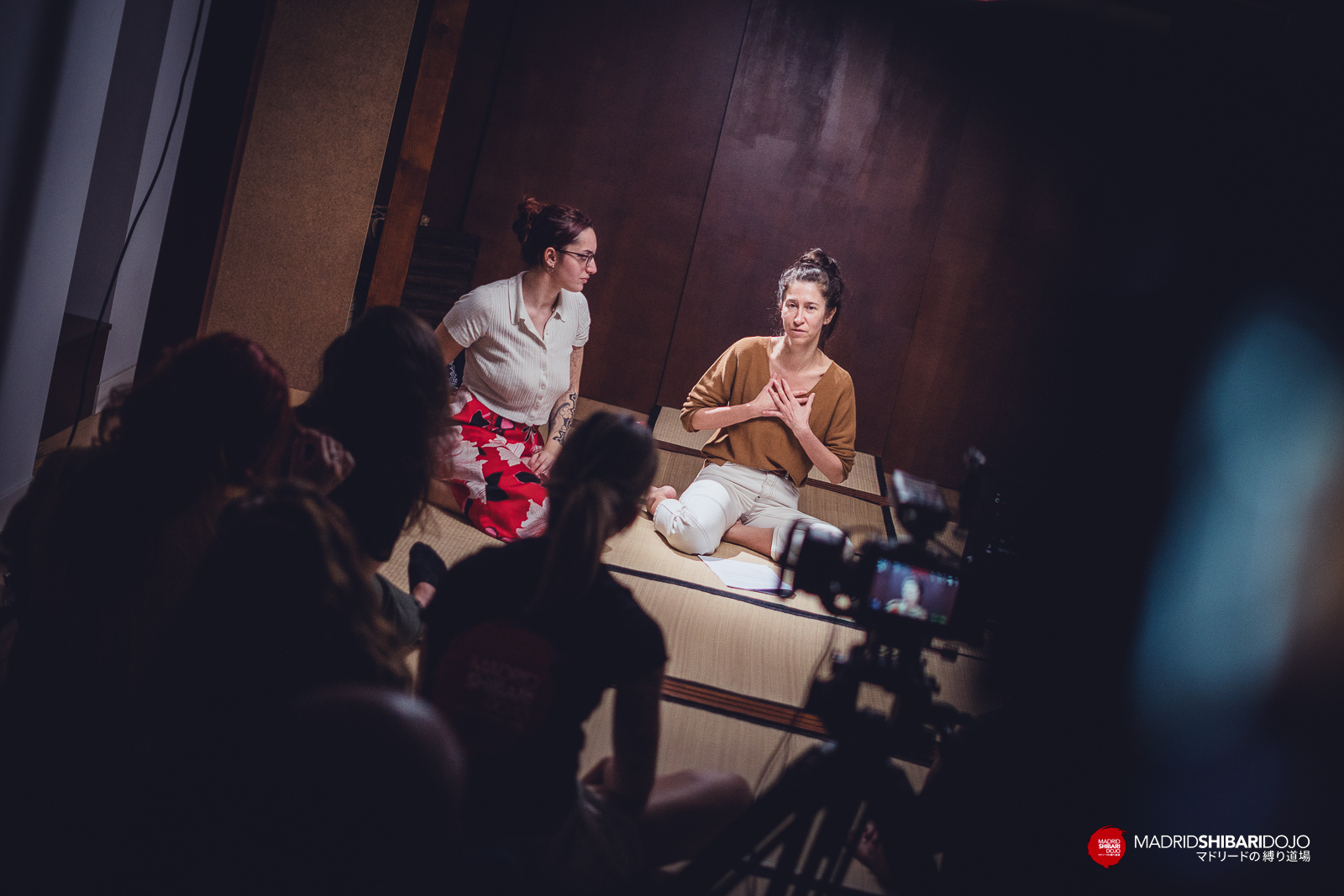Continue with my thoughts on safety. Safety in ropes, safety in life, safety strategies. Where does our safety behavior come from?
Every situation has an objective side, but it also has a subjective side. It has to do with how we feel. For example, take the situation of being in a group of people. There is an objective element of how friendly the group is. But at the same time, it has something to do with us, how we feel in a group of people.
“Safety is a feeling, not a fact”
Betty Martin
As a personal example, I grew up around my mother, who went through some tough experiences during World War Two – as a little girl during the siege of Leningrad. She got so scared, she feels safe never. It doesn’t matter how friendly the situation is, she is on defense. Growing up around her, I picked up a great deal of her body behavior. Collecting tension, hiding, shrinking myself. I have been dealing with these patterns since I was 14. About 30 years later, well, they are still there. When I give a talk or a workshop, no matter how friendly and well-meaning the group of people you are, I am far from comfortable. My ability to feel and think, move my body, and my speech – is compromised. It has very little to do with you. It has something to do with me.
And if you are honest with yourself, you can surely think of your own example, that will show that how you feel, has something to do with you, not the external circumstances. But that doesn’t mean you’re making it up. And it is not “all in your head”. It is actually in your body.
This has something to do with the fact that our bodies remember.
We are all shaped by our experiences. Our behavior – how we relate to the world and others – is a set of learned patterns. What has worked once, will be repeated. What has been repeated a few times, becomes a pattern, and will be used again and again in the future. It stays in our body’s memory and it’s hard to shake! If you think of a habit, it’s more than that. It shapes our world. It becomes “us”. (Also: Our muscular posture towards the world will bring out the corresponding qualities, but that is not the point here). It makes us humans powerful and vulnerable at the same time.
This is especially true when it comes to safety strategies.
If you noticed, I avoid using the word “trauma”. This strong word has been given a lot of manipulative power. Like when they say “Oh, you are traumatized”, to take away my agency. Or when they say, “I am traumatized, so you should avoid doing this and that”. I leave the labels to the specialists. Outside of the therapy setting, I don’t find it appropriate or helpful.
I just wish that in our society we would come to recognize the simple truth that our bodies remember. I come into a group of people, and suddenly I have to deal with a lot of stuff – invisible to others.
Just knowing that maybe invites a bit of kindness and compassion for each other…
To be continued.
